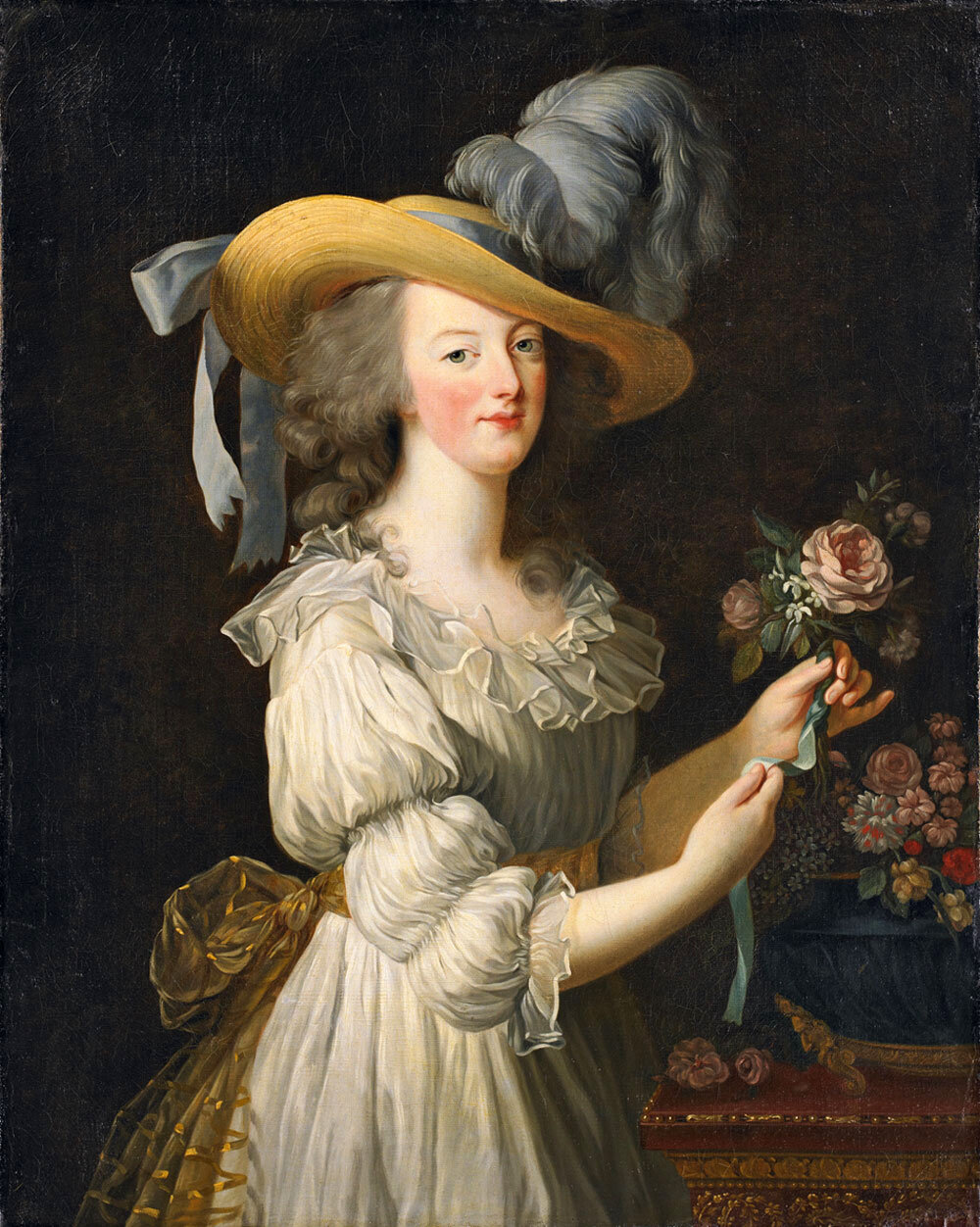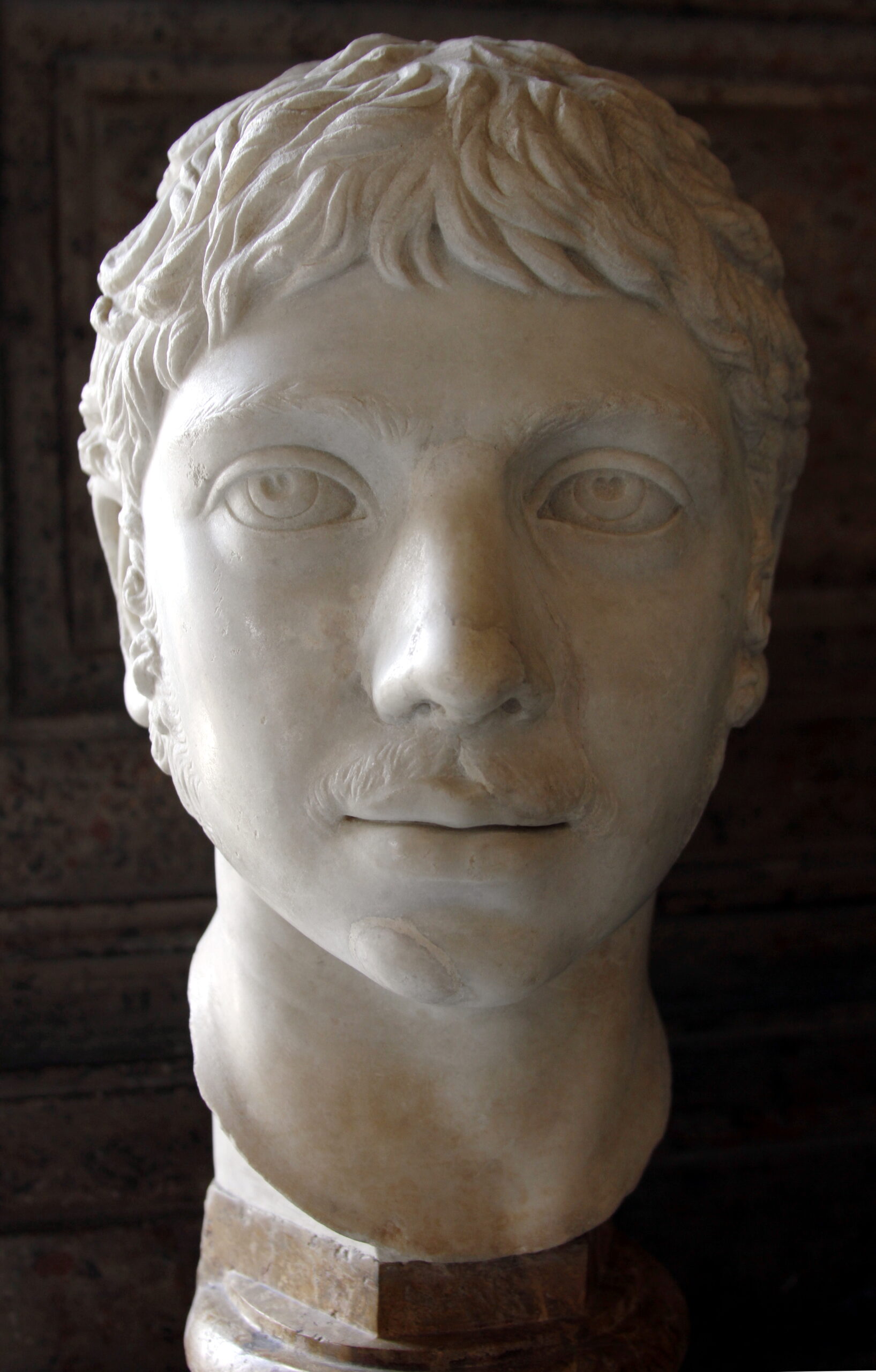Marie Antoinette’s fascination with peasant life was not a mere frivolous desire but a complex escape mechanism that revealed a deeper psychological need. As the consort to the most powerful man in France during the Age of Enlightenment, Marie Antoinette found herself suffocated by the strict social customs and political pressures of the ruling elite. She craved a sense of freedom, simplicity, and authenticity, which she could not find in her gilded life at Versailles.
To escape this suffocating cocoon, Marie Antoinette retreated to her secret garden oasis known as the Hamlet. Here, she could let her hair down, wear simple linen dresses, play shepherdess to her flocks, and dance in the meadows with her trusted ladies-in-waiting. The Hamlet was her private haven, a refuge from the vulgar pomp and ceremony of the monarchy.
But the Queen’s Hamlet was not mere whimsy. It was a deliberate and thoughtfully planned construct designed to provide Marie Antoinette with a fertile ground to explore the deeper nuances of peasant life. She invested a significant amount of time, effort, and resources in creating a wholesome and functional village. Marie Antoinette was not content with mere aesthetic pleasures but wanted a complete working farm, complete with a windmill, dairy, and bakery, where she could turn her passion for farming into a practical and useful endeavor.
The Hamlet was more than just a physical retreat; it was a psychological journey, where Marie Antoinette could play out a gamut of emotions, from the romantic to the rustic, the wealthy to the pauper. She found comfort in the simplicity of these primal patterns, which helped her unravel the knots in her psyche. Here, she could abandon the suffocating layers of royal dress, the pearls, and the diamonds, and embrace the simple essence of her humanity.
The birth of her children and her growing maternal instincts only reinforced Marie Antoinette’s fascination with peasant life. She longed to provide her children with a simple, idyllic childhood, far removed from the excessive formalities of Versailles. The Hamlet was her answer to that dream. Here, she could create a space for her children to revel in the joys of simplicity and closeness to nature. Marie Antoinette believed that by teaching her children the practical skills of farm life, she could help them become well-rounded individuals and better capable of navigating the tumultuous and uncertain world that awaited them.
The Queen’s Hamlet was a testament to the complex and contrasting paradigms that coexisted within Marie Antoinette’s psyche. It was, at once, an escape, a retreat, and a retreat into reality. Marie Antoinette was not trying to reject the substantiality of life; instead, she wanted to understand its intricacies, both high and low. The Hamlet represented a deeply moving, albeit metaphoric, quest to discover the essence of her being, and it made her the most captivating and enigmatic personality of her time.



